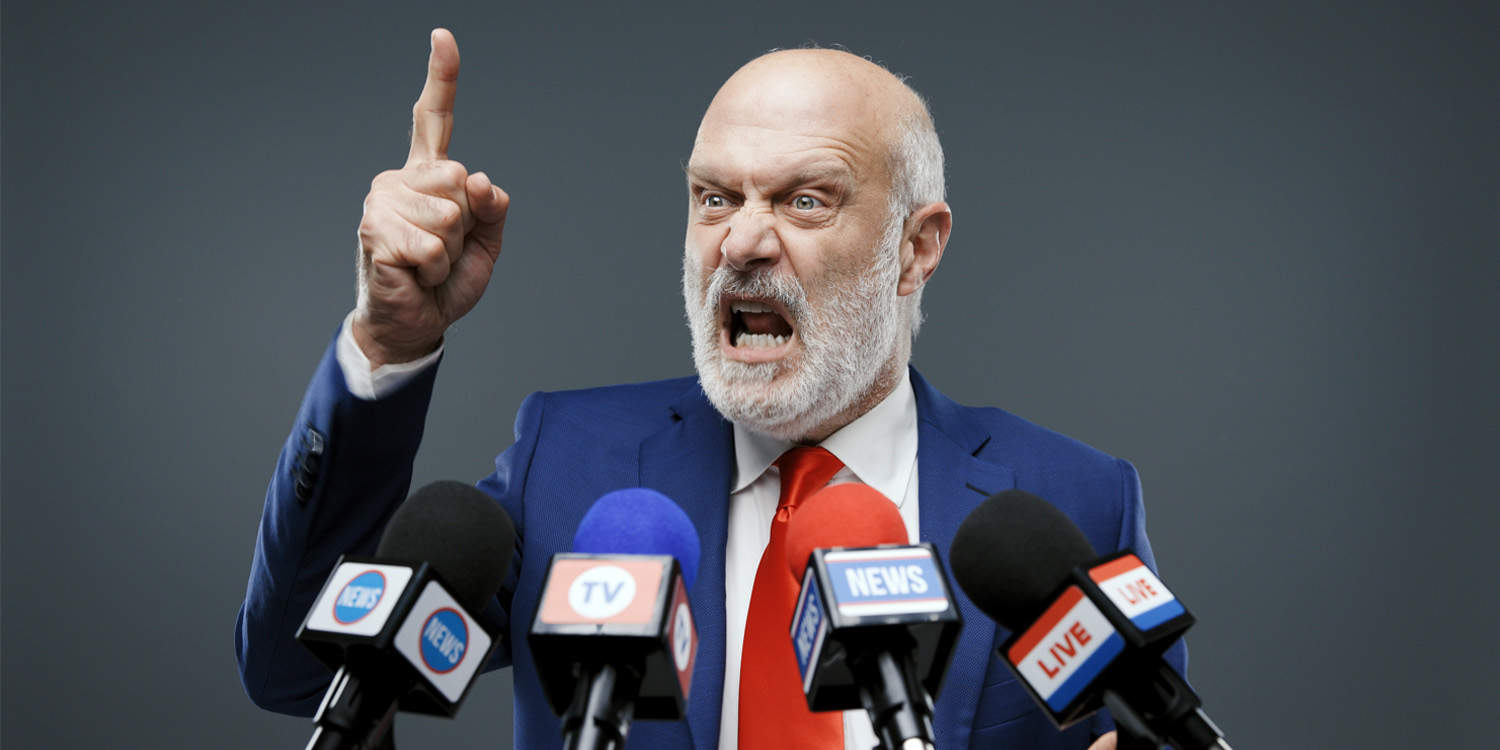Research published in PNAS Nexus shows that discussions of national politics feature more abstract, moralized, and power-centric language compared to local political discourse, which contributes to increased engagement but also greater political animosity.
Recent studies suggest that as politics becomes more nationalized, conversations shift away from concrete, locally shared knowledge towards more abstract and polarized discussions. This shift has occurred due to several factors, including the rise of social media platforms, which amplify national political issues over local concerns. Historically, local political discussions were rooted in shared regional experiences, making them less abstract and more practical.
The research was motivated by the observation that the modern political landscape is more polarized than ever before. With American political conversations increasingly focused on national issues, there has been a rise in moral outrage and a decline in substantive discussions. Danica Dillion and colleagues investigated whether the language used in national political discourse could be driving this polarization and contributing to rising partisan tensions.
The researchers conducted a comprehensive study comparing the language used in national and local political discourse across multiple contexts. They examined three primary data sources to capture both political leaders’ communication and everyday citizens’ political discussions.
First, they analyzed political speeches from U.S. presidents (representing national politics) and city mayors (representing local politics). This dataset included significant speeches such as presidential inaugural addresses and state of the union speeches, which were compared with state of the city addresses delivered by mayors. The speeches were selected to provide consistency in the context of their delivery.
In the second part of the study, the researchers analyzed social media content, specifically Twitter. They gathered tweets from U.S. federal senators and compared them to tweets from city mayors. This allowed the team to assess how politicians at different levels use language to engage with the public.
Lastly, they explored public political discourse by examining Reddit comments related to COVID-19. They collected data from national-level news subreddits and local city subreddits. The Reddit analysis provided a unique opportunity to observe how everyday people communicate about political issues in both national and local contexts.
Across all these datasets, the researchers applied advanced linguistic analysis tools, including the Extended Moral Foundations Dictionary (eMFD) and the Linguistic Inquiry and Word Count (LIWC) algorithm, to measure the presence of abstract, moral, and power-centric language in these discussions.
Across all datasets—political speeches, tweets, and Reddit comments—national-level discussions featured significantly more abstract, moralized, and power-centric language than local-level discussions. For example, the analysis of U.S. senators’ tweets revealed that they contained more language related to power compared to tweets from city mayors.
Similarly, the speeches of U.S. presidents used more abstract and moralized language than those of city mayors. This pattern was also observed in Reddit comments, where discussions in national news subreddits were marked by a higher frequency of abstract, moral, and power-centric language compared to local city subreddits.
The researchers also found that the use of abstract, moralized, and power-centric language in national political discourse was associated with higher levels of public engagement. Tweets and Reddit posts containing these linguistic features garnered more replies, retweets, and likes, indicating that this type of language effectively captures the public’s attention.
National political discussions that employed more moral and power-centric language tended to provoke more anger and negativity in responses. For instance, replies to tweets from federal senators were more likely to contain negative moral language and expressions of anger than replies to tweets from city mayors. This suggests that while moralized and power-centric language engages larger audiences, it also contributes to divisive and emotionally charged political discussions.
One limitation is that the inherent differences in the types of issues discussed at the national versus local level may explain some of the observed linguistic patterns. National issues, by nature, may lend themselves to more abstract and moralized discussions, whereas local issues often involve more concrete, practical concerns.
The research, “National Politics Ignites More Talk of Morality and Power than Local Politics”, was authored by Danica Dillion, Curtis Puryear, Longjiao Li, Andre Chiquito, and Kurt Gray.




